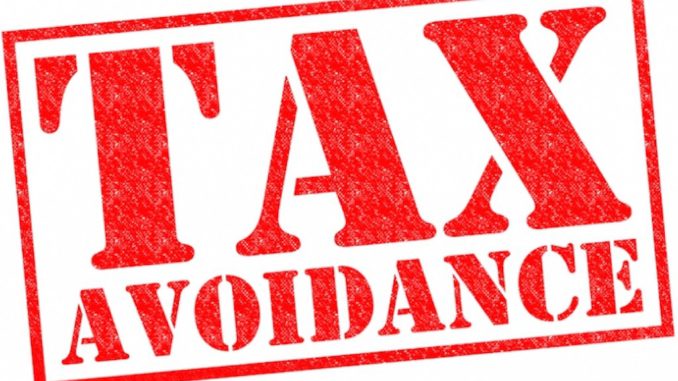
In order to change the rules of the game, we must also go after the financial intermediaries by regulating their operations and demanding they explain their use of offshore structures. Each country must also declare the true nature of multinationals’ operations there, create databases of the companies’ ultimate beneficiaries and, finally, extend legal protections to whistleblowers.
The torrent of revelations unleashed by the Paradise Papers serve as a reminder of an unpalatable truth: We are not all equal in the eyes of the taxman. The 13.5 million documents, pored over by hundreds of journalists from across the world, underscore just how easy it is for multinational corporations and the world’s wealthiest individuals to camouflage their asset, risk-free. And the fact is that these tax havens are not limited to a few far-flung islands. For American multinational firms such as Nike or Uber, the Netherlands have become an even more attractive tax haven than Bermuda.
Since the revelations, those caught in the crosshairs of the Paradise Papers have insisted there was nothing illegal about what they were doing and that their financial movements constituted mere fiscal optimisation, and not tax evasion. In fact, the Paradise Papers reveal the professionalisation of a global system of tax evasion. Financial operations, such as transfer pricing and loans within the same company make it possible for multinationals to play on the differences in tax legislations between countries, pitting nations against one another. These arrangements often go undetected by fiscal authorities, particularly in light of budgetary belt-tightening that has resulted in considerable staffing cuts over the past decade.
If such behaviour is “legal,” then we must change the law. Continuing to tolerate tax impunity means opting for the concentration of wealth, to the detriment of public services and environmental protection. And it’s not just a moral issue, as the sums at stake are huge. Globally, more than 40 percent of the profits of multinational companies are moved to fiscal paradises, and some eight percent of the financial wealth of individuals is concealed there, according to the economist, Gabriel Zucman. It represent a shortfall of $70 billion for the United States, and the same amount for the European Union.
Because we know what needs to be done. This begins, as we advocate in the Independent Commission for the Reform of International Corporate Taxation (ICRICT), with adopting a system of taxing multinational corporations as single and unified firms.
All over the world, citizens are indignant, furious that they have to pay their taxes or face legal action, while Apple pays just 0.01 percent of its profits, thanks to a secret deal with Ireland. Today, with political will, we can respond to this public outrage. Because we know what needs to be done. This begins, as we advocate in the Independent Commission for the Reform of International Corporate Taxation (ICRICT), with adopting a system of taxing multinational corporations as single and unified firms. Some multinationals have hundreds of subsidiaries, and each subsidiary is currently taxed separately, thus allowing the companies to declare their patents or royalties in a tax haven and avoid paying taxes where the economic activity actually takes place, while at the same time claiming to be totally above-board. The economic reality is that such subsidiaries are actually one company, and should be taxed as such. We must first tax multinationals as a single entity and then split the bill up among the countries where they operate.
In order to change the rules of the game, we must also go after the financial intermediaries by regulating their operations and demanding they explain their use of offshore structures. Each country must also declare the true nature of multinationals’ operations there, create databases of the companies’ ultimate beneficiaries and, finally, extend legal protections to whistleblowers. The task is massive, but not impossible. We’re not doomed to live with fiscal impunity.
Eva Joly is a member of the European Parliament, Vice Chair of the Committee of Inquiry into Money Laundering, Tax Avoidance and Tax Evasion and a member of the Independent Commission for the Reform of International Corporate Taxation (ICRICT).
Photo credit, Eva Joly: The European Union (EU).
END

Be the first to comment